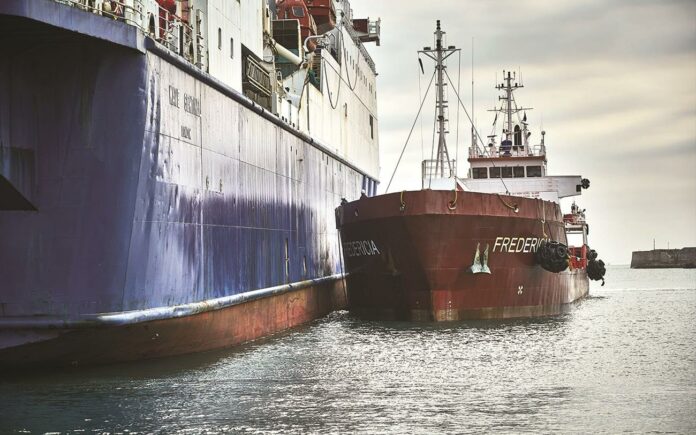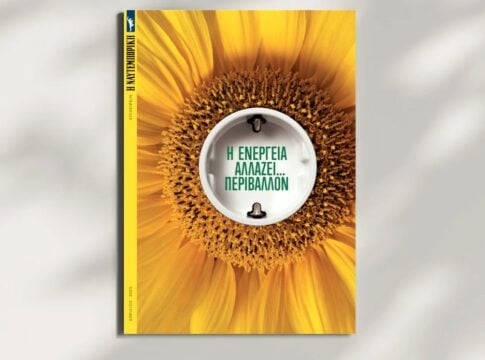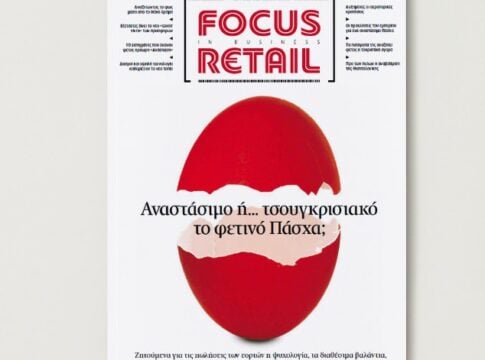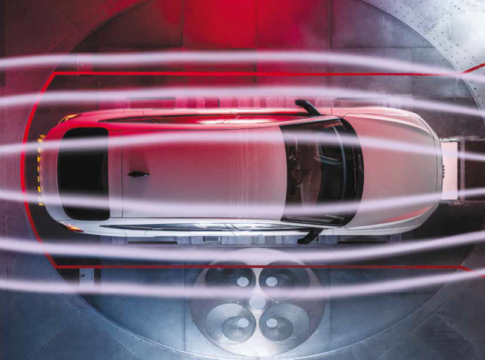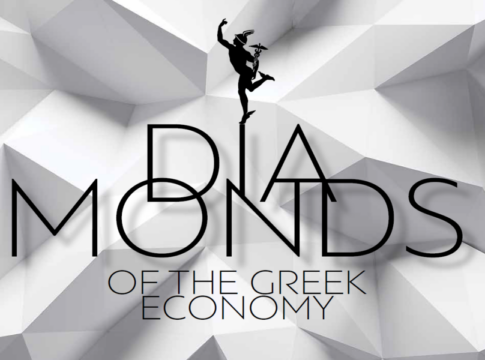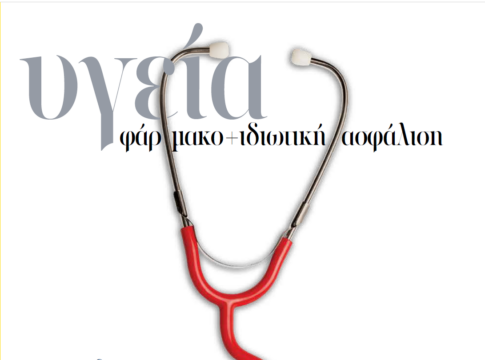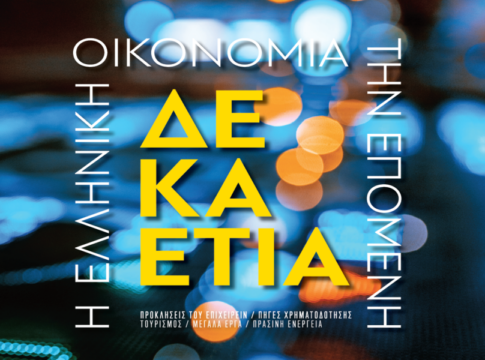Bunker and tanker Group, Monjasa, expanded into the Mediterranean Sea by setting up a new office location in Limassol, Cyprus in 2016. Since then, the local team led by Sales Manager Theodoros Mitsingas, has focused on the geographically nearer bunkering markets in the Mediterranean Sea.
Physical supply by own fleet of 20 tankers
In 2017, Monajsa increased its revenue to USD 1.4bn – or equivalent to 3.5 million tonnes of bunkers supplied worldwide. Around half of this volume was supplied by Monjasa’s own fleet of some 20 bunker tankers.
By introducing new low sulphur regulations on marine fuels by 1 January 2020, IMO’s Global Sulphur Cap puts additional pressure on the fuel suppliers to demonstrate transparent operations and documented fuel quality.
Focus is on quality fuel deliveries
“With 2020 around the corner and as we enter an ever-changing bunkering and shipping industry, the focus for us goes beyond current modus operandi; we strive to enhance quality and technical expertise as well as engage and exercise in counselling and consultation over the bunkers management of our customers,” says Theodoros Mitsingas.
With the expected fuel price increase, stakes will go up on every fuel supply. The bunker suppliers will thus play a prominent role in order for the shipping industry to meet the near future 0.5% Sulphur fuel regulations.
Shipowners are demanding more from suppliers
Documented supply quality and quantity and knowing exactly from where the fuel products originate are becoming every day queries in Monjasa’s Limassol office:
“We are seeing that customers are demanding more and having built an operating model meeting ISO standards on quality, environment and health and safety since 2014, I strongly believe that within this field, Monjasa is better equipped than any other bunker supplier” Theodoros Mitsingas ends.


